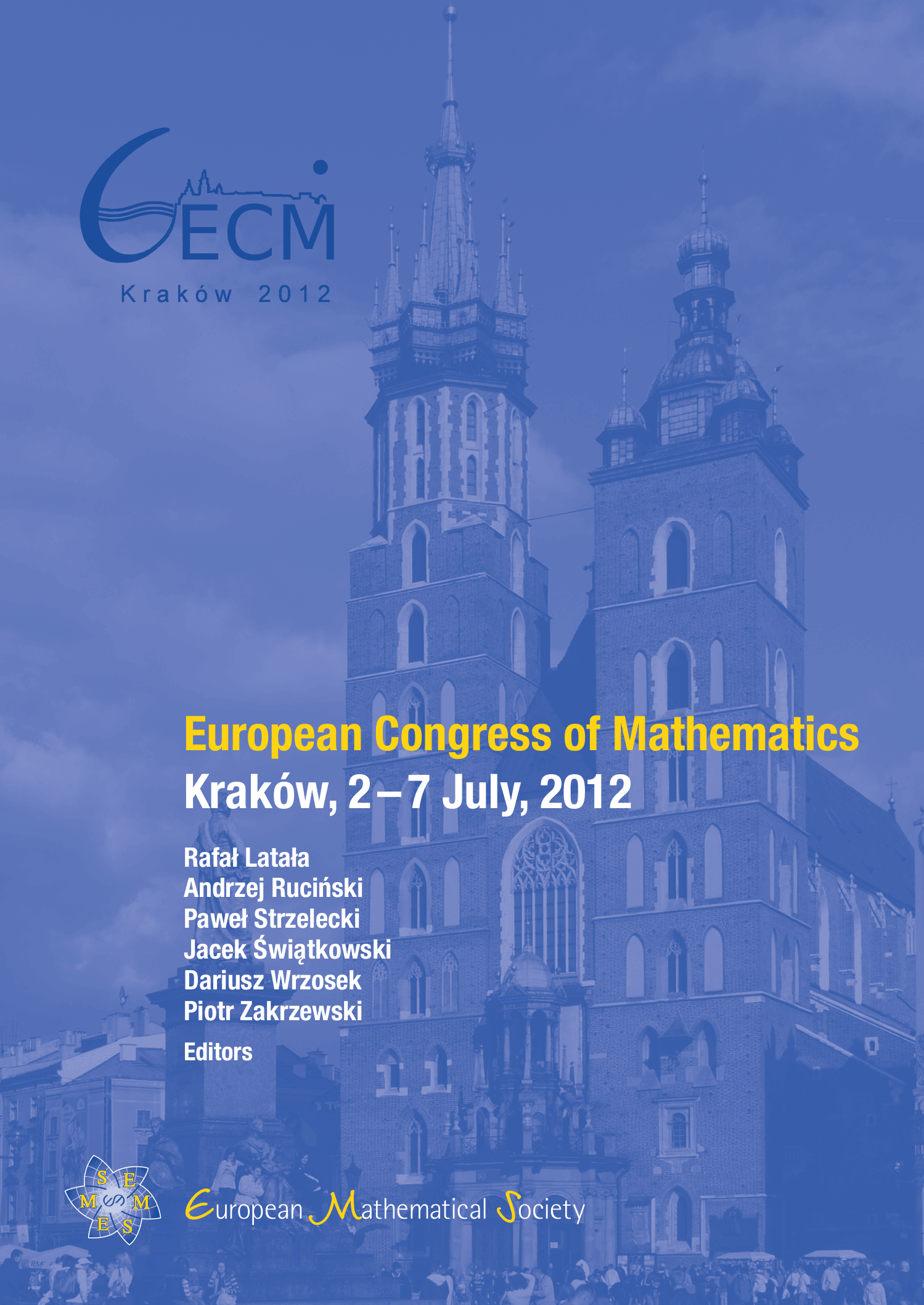Computing the Schrödinger equation with no fear of commutators
Arieh Iserles
University of Cambridge, United Kingdom

A subscription is required to access this book chapter.
Abstract
The discretisation of a linear Schrödinger equation is difficult due to the presence of a small parameter which induces high oscillations. A standard approach consists of a spectral semidiscretisation, followed by an exponential splitting. This, however, is sub-optimal, because, unless we are willing to compute an exceedingly large number of matrix exponentials per step, the very high precision of the space discretisation is marred by low order of the time solver. The underlying reason is that no commutators are allowed in the arguments of the exponentials, to avoid costly computations. It turns out, however, that once we split first, discretise later, commutators are benign. Thus, we consider formally objects in the free Lie algebra spanned by the Laplacian and by a multiplication with the interaction potential. We demonstrate that it is embedded in a larger Lie algebra where all commutators can be resolved easily. This is the starting point for our symmetric Zassenhaus splitting, expressing the solution operator as a product of simple exponentials of asymptotically decreasing arguments. Once the underlying differential operator is discretised and the exponentials approximated by suitable means, the outcome is an exceedingly accurate scheme bearing the price tag of log) operations per step, where is the number of degrees of freedom in the discretisation. This is joint work with Philipp Bader (Valencia), Karolina Kropielnicka (Cambridge and Gdańsk) and Pranav Singh (Cambridge).